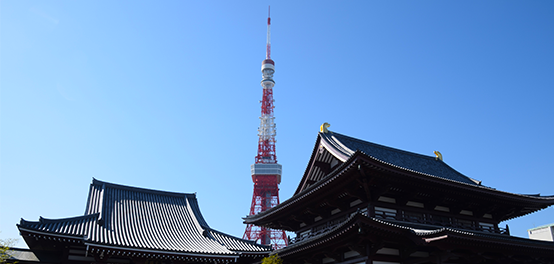
Impacts on Japan Post-Election
Although Japan wasn’t set to hold an election until the end of 2018, Japanese Prime Minister Shinzo Abe of the Liberal Democratic party called for a snap poll on September 25 of this year. Dissolving their parliament and running against Yuriko Koike, leader of the party of Hope, Abe’s campaign message was clear: a stable and powerful government is crucial for the challenges countries face today.
Leading up to Japan’s general election on October 22nd, Abe took a solid stance on North Korea and their latest missile and nuclear programs. After short-range missiles were launched over Japan in late August, Abe stated, “North Korea’s reckless action of launching a missile that passed over Japan is an unprecedented, serious and grave threat.”
While Japan is known as pacifists, formally renouncing the exercise of force, citizens came out to the polls and supported Abe leading to his overwhelming victory. His plan to revise Japan’s constitution and eliminate verbiage in Article 9 regarding their inability to have armed forces, did not seem to turn supporters away. Securing a two-thirds majority in Parliament, CNN reports that Abe has set himself up to “achieve his goal of amending the [Japan’s] constitution” without approval from the upper house.
Re-elected for a third term, Abe can reign until 2021. The term “Abenomics” refers to Abe’s economic policies that have been put in place since 2012, when he was elected for the second time. Three pillars of Abenomics include monetary easing, fiscal stimulus, and structural reforms, all intended to have positive economic implications. While it can be difficult to establish a link between politics and financial markets, the following is a summary of predictions for Abe’s new term:
- Focus on economic stimulus efforts
- Subsidizing education
- Subsidizing child-care costs
- Boosting corporate investments
- Increase wages
- Raise consumption tax
- Revise Article 9 in the constitution
Investors seeking exposure to Japan can do so through Commonwealth Fund’s Japan Fund. Striving to provide long-term capital appreciation and current income, the Fund invests in equities and debt instruments Japanese issuers. Owning companies that produce products and services designed to meet the future needs of people is important to the management of the Fund and allows the fund to be in the pathway of progress through time.